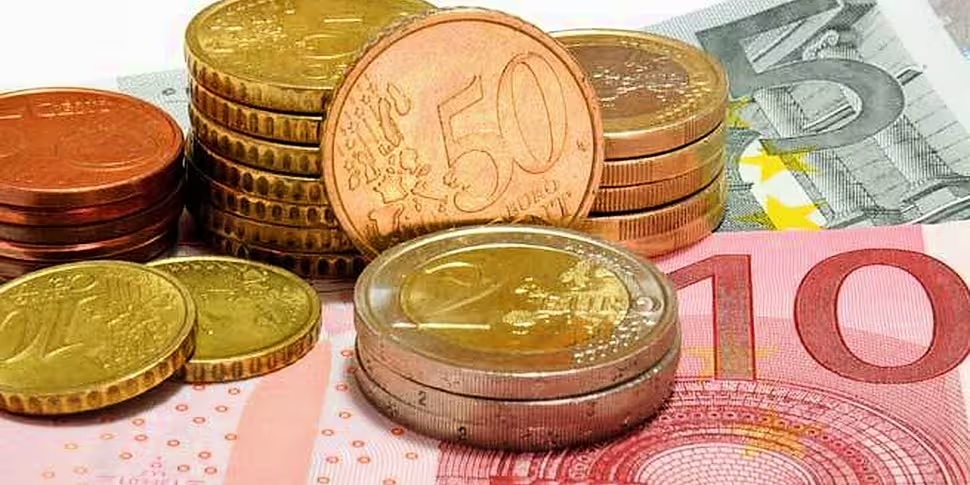The sharpest fall in European stocks since 2011 has been followed by a second day of steep drops as investors flee risk because of global economic weaknesses.
Many stock markets, including the FTSE 100, recovered some ground in early Thursday trading - helped by some encouraging corporate results - though jitters soon outweighed the search for bargains.
The FTSE 100 was down 2% in late-morning trade after a 2.8% drop on Wednesday.
It was a series of weak reports on the health of the two biggest economies in the world that sparked the big sell-off.
Hours after Chinese inflation data disappointed - falling to a near five-year low - it was revealed that US retail sales and producer prices both dropped last month.
The woeful economic signals started a safe-haven rally in US Treasuries while a sharp fall in the dollar lent modest support to oil prices, though Brent crude still shed 1.1% to $82.72-a-barrel as weak demand continued to dominate pricing.
Investors were already worried about the looming end to the US Federal Reserve's programme of quantitative easing (QE) this month before the global growth fears properly surfaced.
Eurozone
It was euro area weakness that dominated trading on Thursday.
The latest inflation figures for the eurozone showed annual growth of just 0.3% across the single currency bloc, doing nothing to dispel fears the European Central Bank's (ECB's) previous rate measures to boost activity had failed to make the grade.
It is facing increasing demands to start a programme of quantitative easing.
The International Monetary Fund recently forecast a 40% chance of eurozone recession and German Chancellor Angela Merkel used a speech to insist that Europe push ahead with efforts to cut public deficits and improve competitiveness.
She warned that the debt crisis had not yet been overcome and its causes had not yet been eliminated.
While the UK's economic performance is outstripping many of its major competitors, the FTSE 100 has hit 15-month lows on the back of the wider world's problems because of the market's exposure to mining and other commodity stocks.
The Chancellor George Osborne has acknowledged that the stagnation in the eurozone is a major threat to the UK's recovery.
There is also immediate concern about Greece.
Its main stock market fell 10% at one point on Wednesday as it also got to grips with worries its government may collapse next year, putting the country's crucial bailout programme in danger.
Greek 10-year bond yields - the cost of servicing its debts - hit 8.9% on Thursday.









